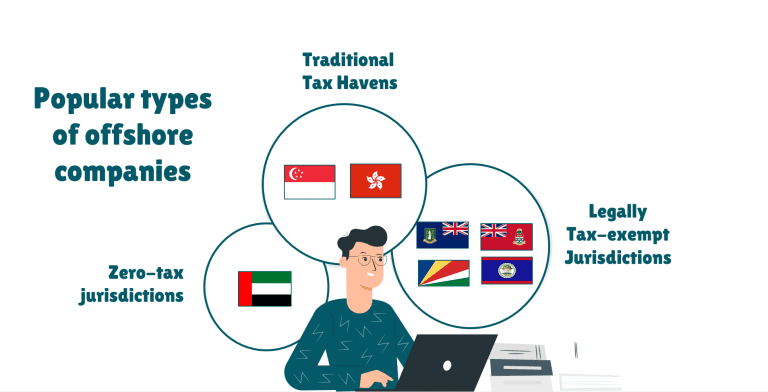What is Offshoring?
The process of getting work done in another nation is known as an offshoring company. You relocate an activity to an offshore site, but the activity is still handled entirely within your firm, giving you total control over the results. This business process outsourcing approach is not new; it has been utilized by international firms worldwide for many years. However, as the internet has grown in popularity and communication technology has advanced, offshore has become a more accessible and viable alternative for SME owners. There are several advantages to shifting company activities overseas, in addition to the fundamental justification of cost reduction.
1. Business Expansion
Offshoring companies help you save money on one of the most expensive aspects of your business: labor. You’ll be able to put cash back into your firm and increase your offers and services if you free this up. Essentially, you’re working on your business rather than in it.
2. Increased Accessibility
Having a separate time zone and a team ready to operate 24 hours a day, seven days a week, allows you to provide exceptional assistance to your clients and meet their ever-changing demands. Consequently, you’ll get better service and a better customer experience, as well as faster and direct communication with your company.
3. Maintaining control
Many companies may be hesitant to manage a portion of their operations and production to a third party. Offshoring companies allow you to hire dedicated employees who will solely work for your firm. You set the direction, teach the personnel, and everything gets done the way you want, resulting in internal responsibility.
Types of Offshoring

1. Relocation to a nearby location
Offshoring services to a nearby offshore country is known as nearshoring. Cheaper labor payments, lower company costs, and so on are some of the advantages. Nearshore operations assist in preventing cultural differences and a variety of other social concerns. Nearshoring also reduces the possibility of a security compromise. Sharing data between systems and places, particularly across borders, raises the danger of a security compromise. You may avoid this risk through nearshoring.
2. Outsourcing to another country
When you mix outsourcing with offshoring by contracting work to a third party in another nation, you’re talking about offshore outsourcing. This is a cost-cutting technique that allows you to investigate the benefits of both offshore and outsourcing simultaneously. Before outsourcing any portion of your business operations, it’s critical to weigh the benefits and drawbacks of offshoring. To prevent concerns like hidden fees and security threats, you’ll need to pick the appropriate agency.
Conclusion
To summarise, offshoring has several advantages that help businesses develop. Offshoring companies allow you to grow your business while also providing competent workers at a cheaper cost. It also supports all business models in industries like IT services, call centers, and more. You may effectively develop a lucrative firm by taking advantage of all the advantages of outsourcing.




